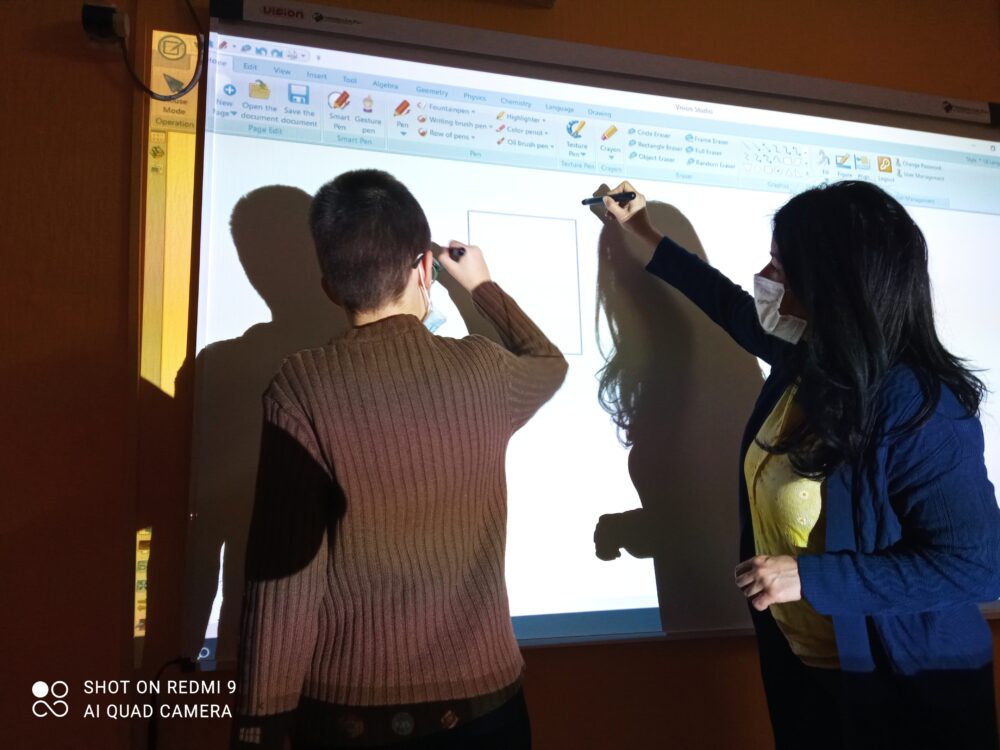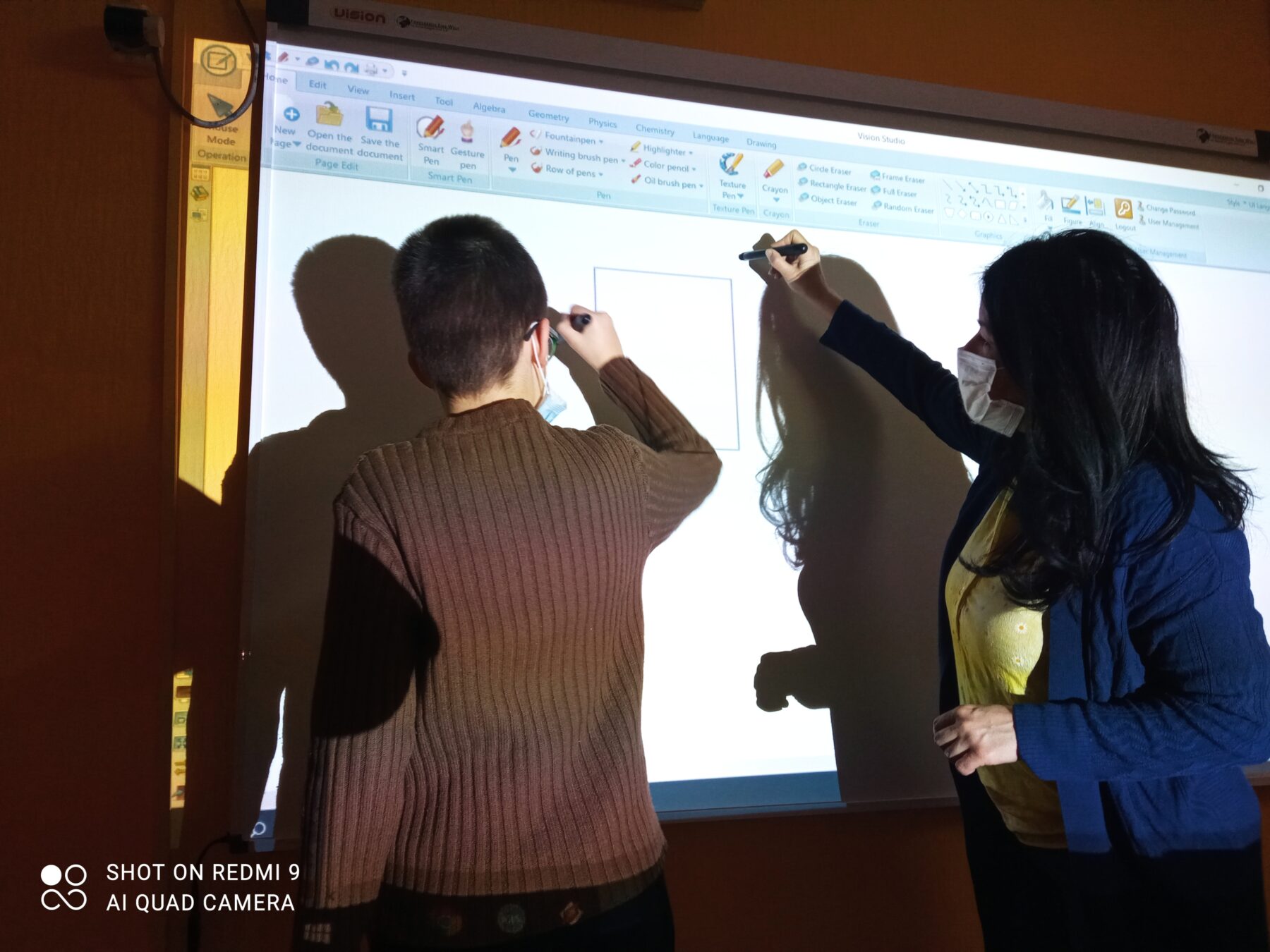Life with support
The early intervention approach enables people with autism to develop social and communication skills, become more independent and lead a more fulfilled and productive life.

Autism is a complex developmental disorder manifested through problems in sensory perception, speech, thinking and understanding social situations. It is most often detected during the first three years of life. To be able to get education and work, people with autism need the unambiguous support of their family and the environment. As there is no one-size-fits-all program for autism, unequivocal support in early intervention approach, which can significantly improve the quality of life of people with autism.
The City Association for Assistance to Persons with Autism Nis (GUPOAN) has been helping the families of children and youth with diagnosed functional disabilities in the autism spectrum for 15 years. The association is a member of the network of the “Autism Serbia” and is dedicated to providing socialisation services and professional counselling within modest material resources.
Thanks to the technical and administrative assistance of the Help organisation and the German Embassy in Belgrade, the Association received a three-thousand euros grant from the organisation "Förderkreis Eine Welt" within the Ministry of Foreign Affairs of the Federal Republic of Germany (Auswärtiges Amt).
The donation of equipment brought the Association and its members much better conditions for implementing the early intervention approach. This approach contributes to improving behaviour, learning new skills and the general position and life of people with autism. Numerous workshops have been facilitated and more families and children have been able to participate in activities that contribute to reducing the tensions caused by changes in established patterns of behaviour and learning due to the pandemics.
For the needs of its members, the association procured an interactive whiteboard, sports, kitchen and office equipment, which increased the quality of its services of socialization, learning and sports activities for children with autism and their parents. The process of learning life skills for independent living, getting to know and safe handling of kitchen elements and utensils, as well as regular exercise in various sports activities for a healthier life.
All these activities are realized through workshops led by psychologists, pedagogues, sociologists, paediatricians, general practitioners, as well as professors and students of physical culture. From the initially active 60 members, soon after the installation of the equipment, the number of children increased to one hundred, but due to the current epidemiological measures, a new, dense schedule was introduced to meet everyone's needs.
Sports activities and exercises are in the focus of both children and parents. They are regularly performed under the supervision of professional volunteers from the Faculty of Sports and Physical Education.
Tadija, 11 years old, says that he likes the interactive whiteboard the most because he can draw and write on it with his fingers and does not have to touch the paper. His father says that Tadija did not speak until he was four years old, but thanks to the early intervention approach, he trains aikido today, goes to school regularly, participates in mathematics competitions and generally evolves.
The equipment donated to the Association helps Tadija and his numerous friends to further develop cognitive and practical skills. Modern equipment for learning, sports and skills development has increased the Association's capacity to provide more quality services through its workshops under the supervision of a professional team. But most importantly, the increased participation of parents and children whose time and progress in the early intervention approach will not be interrupted by an ongoing pandemic.

